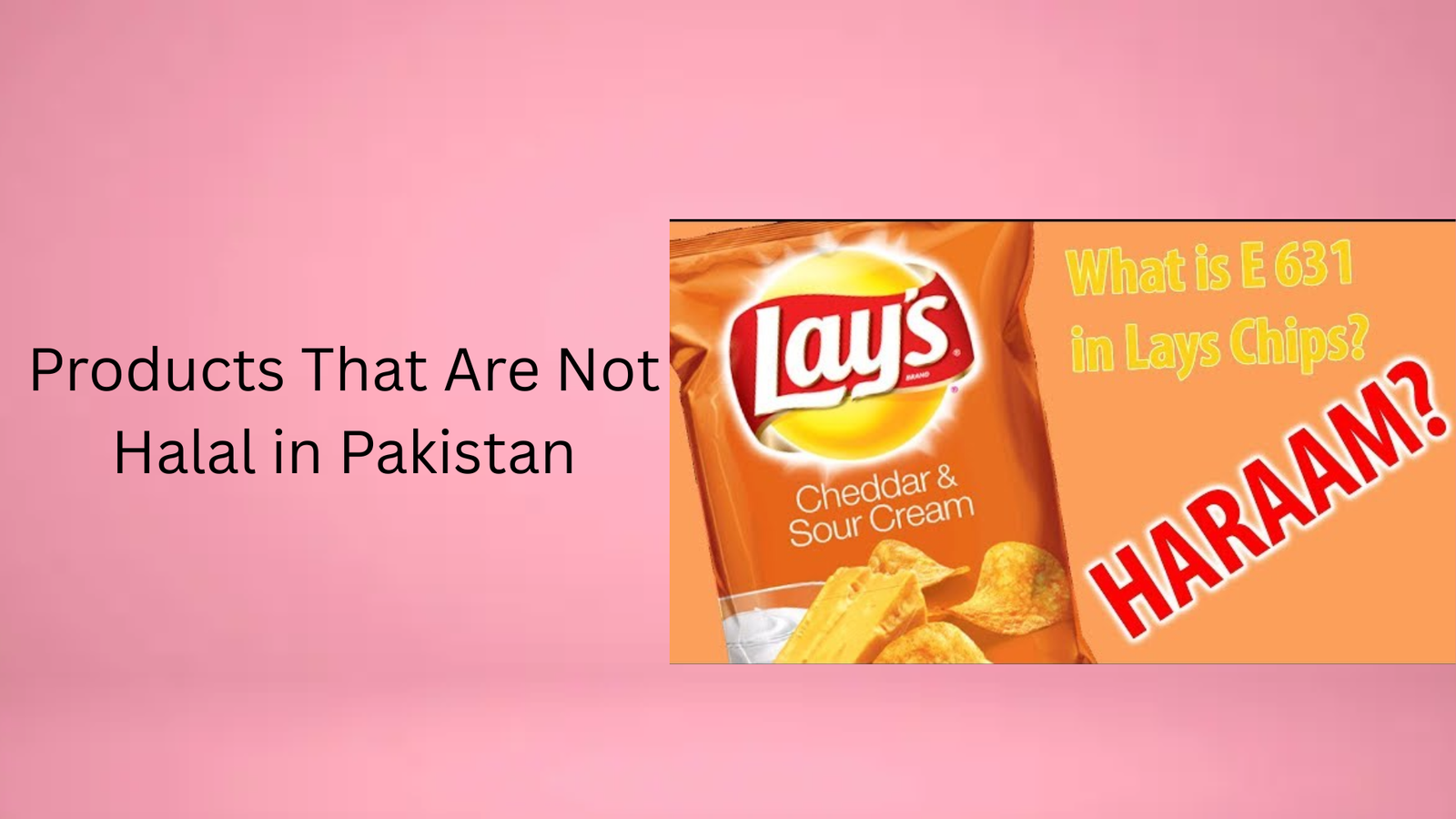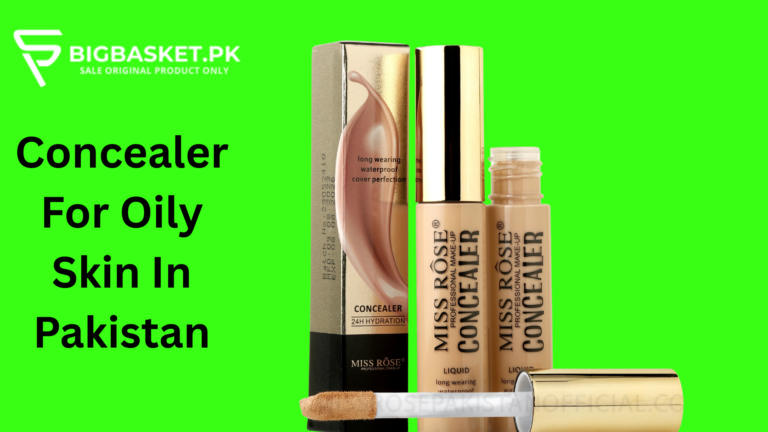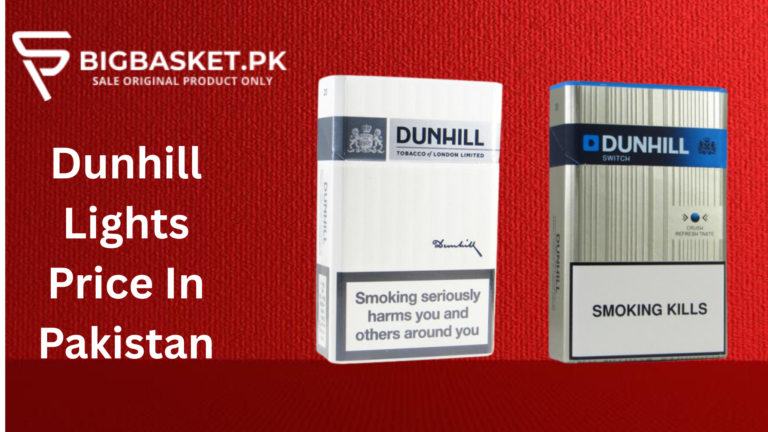Products That Are Not Halal in Pakistan
Contents
- 1 The Importance of Knowing What Products Are Not Halal in Pakistan
- 2 What Does “Halal” Mean and Why Is It Important in Pakistan?
- 3 Common Types of Products That Are Not Halal in Pakistan
- 4 How to Identify Non-Halal Products in Pakistan
- 5 Where to Buy Halal Products and Avoid Non-Halal Items
- 6 The Impact of Consuming Non-Halal Products in Pakistan
- 7 How BigBasket.pk Ensures the Availability of Halal Products
- 8 Conclusion: Making Informed Choices When It Comes to Halal Products in Pakistan
The Importance of Knowing What Products Are Not Halal in Pakistan
In Pakistan, the significance of consuming halal products cannot be overstated. As a Muslim-majority country, Pakistan places great importance on food and other consumables being compliant with Islamic dietary laws. However, despite the broad availability of halal products, some items on the market do not meet the halal standards. Understanding products that are not halal in Pakistan is essential for consumers who seek to adhere to these dietary restrictions. In this article, we will delve into these non-halal products, discuss why they are considered non-halal, and explore how to make informed decisions when shopping at platforms like BigBasket.pk.
By understanding what products fall under this category, consumers can navigate the marketplace with ease and confidence, ensuring that their purchases align with their religious and cultural practices.
What Does “Halal” Mean and Why Is It Important in Pakistan?
The Meaning of Halal and Its Significance in Islam
Halal, an Arabic term meaning “permissible,” refers to items or actions that are allowed under Islamic law. In the context of food and consumables, halal products adhere to strict guidelines outlined in the Quran and Hadith. These guidelines cover everything from the slaughter of animals to the types of ingredients used in food processing. For Muslims in Pakistan, the importance of consuming halal products is integral to their religious observance.
Why Halal Compliance Is Essential in Pakistan
Pakistan, being a country with a predominantly Muslim population, upholds Islamic values in daily life, including dietary practices. Many consumers prioritize buying halal products to maintain spiritual and physical health. These products ensure that no prohibited (haram) substances, such as pork or alcohol, are present, and they are prepared according to Islamic rituals.
Challenges in Identifying Non-Halal Products in the Market
While halal certification is readily available for many products in Pakistan, there are still challenges in identifying products that are not halal. Some manufacturers may not clearly label their products, making it difficult for consumers to make informed decisions. In such cases, understanding the ingredients and production methods is crucial in identifying whether a product complies with halal standards.
Common Types of Products That Are Not Halal in Pakistan
Foods and Beverages Containing Alcohol or Pork
One of the primary categories of products that are not halal in Pakistan includes food and beverages that contain alcohol or pork. Alcohol is considered haram (forbidden) in Islam, and products containing it cannot be consumed by practicing Muslims. Similarly, pork and its derivatives are strictly prohibited by Islamic dietary laws. Therefore, any food item or beverage containing these ingredients falls under non-halal products.
Cosmetic Products Containing Animal By-Products
In addition to food, some cosmetic and personal care products may also be non-halal due to the use of animal-derived ingredients. For example, some skincare products may contain collagen, gelatin, or other ingredients sourced from non-halal animals. For Muslims who are particular about using only halal-certified beauty products, it’s important to check the ingredients list and look for halal certification on cosmetics.
Non-Halal Processed Meats and Fast Food Items
Processed meats and fast food chains often include non-halal meats that are not prepared according to Islamic guidelines. This includes sausages, hot dogs, and ready-made meals that contain ingredients from non-halal sources. Many fast food chains may not follow halal slaughtering practices, and therefore, their offerings may not be compliant with halal dietary laws.
How to Identify Non-Halal Products in Pakistan
Reading Ingredient Labels for Non-Halal Components
A primary way to identify products that are not halal in Pakistan is by carefully reading the ingredient labels. Non-halal products often contain traces of alcohol, pork derivatives, or other haram substances. It is essential for consumers to understand these ingredients to make informed decisions. Products like sauces, marinades, and even candies can sometimes contain alcohol or animal fats that are not permissible under Islamic law.
Look for Halal Certification Symbols
Halal certification is an easy way to identify compliant products. In Pakistan, many food and cosmetic manufacturers display halal certification symbols on their products. These symbols indicate that the product has been tested and verified to meet Islamic dietary standards. Checking for these symbols can save time and ensure that you’re purchasing halal products.
Consulting Halal Product Databases and Lists
Some online platforms and organizations maintain updated databases of halal and non-halal products. These resources can be used to verify whether a product is halal. Websites and apps dedicated to this purpose are often reliable sources of information for Muslim consumers who are seeking to avoid non-halal products.
Where to Buy Halal Products and Avoid Non-Halal Items
BigBasket.pk: Your Go-To Platform for Halal Products
When it comes to buying products that are not halal in Pakistan, shopping at trusted platforms like BigBasket.pk can help you avoid mistakes. BigBasket.pk is committed to offering a wide range of halal-certified products across various categories, from food to personal care items. By shopping at BigBasket.pk, you can confidently choose halal products and avoid non-halal alternatives.
Choosing Halal Stores and Online Retailers
There are many physical and online retailers in Pakistan that specialize in selling halal products. By choosing stores and platforms known for their focus on halal offerings, you can reduce the risk of purchasing non-halal products. Many stores, including BigBasket.pk, ensure that all their products meet halal certification standards, making it easier for customers to make the right choices.
Benefits of Shopping at Halal-Certified Stores
Shopping at halal-certified stores comes with multiple benefits. First and foremost, it ensures that the products you purchase align with your ethical and religious values. Additionally, halal-certified products often undergo rigorous quality control, ensuring that they meet the highest standards of health and safety. By opting for halal-certified stores, you’re supporting responsible business practices while also adhering to Islamic principles.
The Impact of Consuming Non-Halal Products in Pakistan
Spiritual and Religious Consequences of Consuming Non-Halal Products
For many Muslims in Pakistan, consuming non-halal products is seen as a violation of religious principles. Halal consumption is not only about physical health but also about spiritual well-being. The act of consuming non-halal items can lead to feelings of guilt or disconnection from religious practices. By making informed choices and avoiding non-halal products, individuals can maintain their spiritual integrity.
Health Concerns Related to Non-Halal Ingredients
In some cases, non-halal products can also pose health risks. For example, the consumption of pork, alcohol, and certain non-halal animal derivatives can lead to health issues. Halal products are often preferred because they follow strict guidelines in food preparation and animal treatment. This ensures that the food is not only spiritually appropriate but also safe for consumption.
Ethical and Environmental Impact of Non-Halal Products
The ethics of consuming non-halal products also play a role in the decision-making process. Many non-halal products come from industries that do not prioritize animal welfare or sustainable farming practices. By choosing halal products, consumers contribute to a more ethical, environmentally friendly market and support businesses that prioritize humane practices.
How BigBasket.pk Ensures the Availability of Halal Products
Ensuring Halal Certification for All Products
BigBasket.pk takes pride in ensuring that all products sold on its platform meet the highest standards of halal certification. The platform works with trusted manufacturers who adhere to halal practices, ensuring that customers receive authentic, halal-compliant products. Whether it’s food, beverages, or personal care items, BigBasket.pk has a wide selection of halal-certified options to meet consumer needs.
Providing Transparency and Information for Muslim Consumers
Transparency is key for BigBasket.pk. Each product listed on the platform comes with detailed information regarding its halal status. This helps Muslim consumers make informed decisions when shopping online. By providing clear labeling and descriptions, BigBasket.pk ensures that its customers are always in the know about the products they purchase.
Customer Reviews and Feedback on Halal Products
BigBasket.pk values customer feedback, and reviews from other users can help guide you in choosing the right halal products. Many customers share their experiences with various items, allowing others to learn more about the product’s quality, taste, and compliance with halal standards. Reading reviews is an excellent way to confirm the halal status of a product before making a purchase.
Conclusion: Making Informed Choices When It Comes to Halal Products in Pakistan
In conclusion, being aware of products that are not halal in Pakistan is vital for consumers who want to adhere to Islamic dietary laws. By understanding the key ingredients to watch out for, identifying halal certification, and choosing trusted platforms like BigBasket.pk, consumers can confidently shop for halal products. With the right knowledge, you can ensure that your purchases align with both your religious beliefs and personal values, making your shopping experience more fulfilling and secure.



